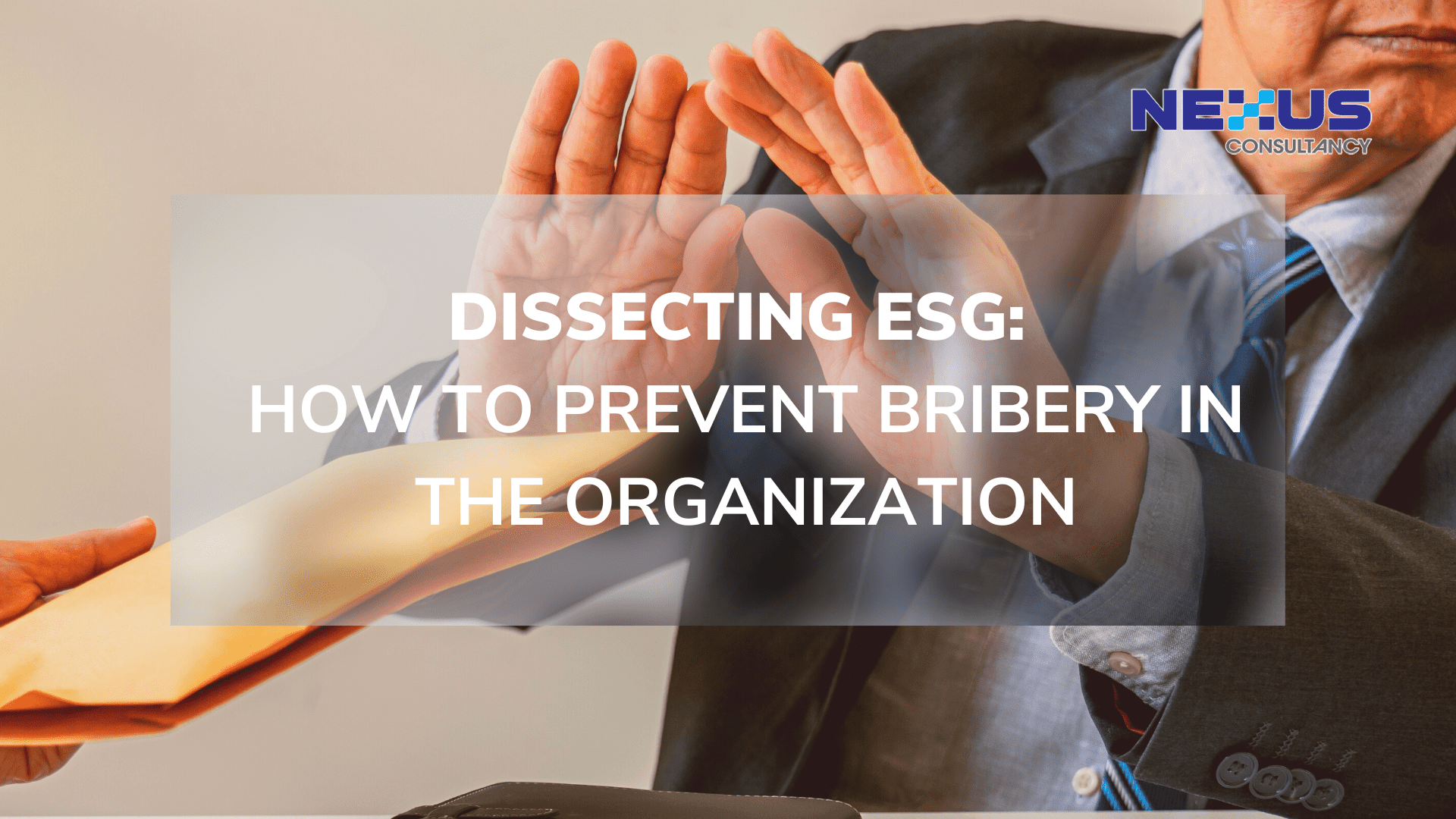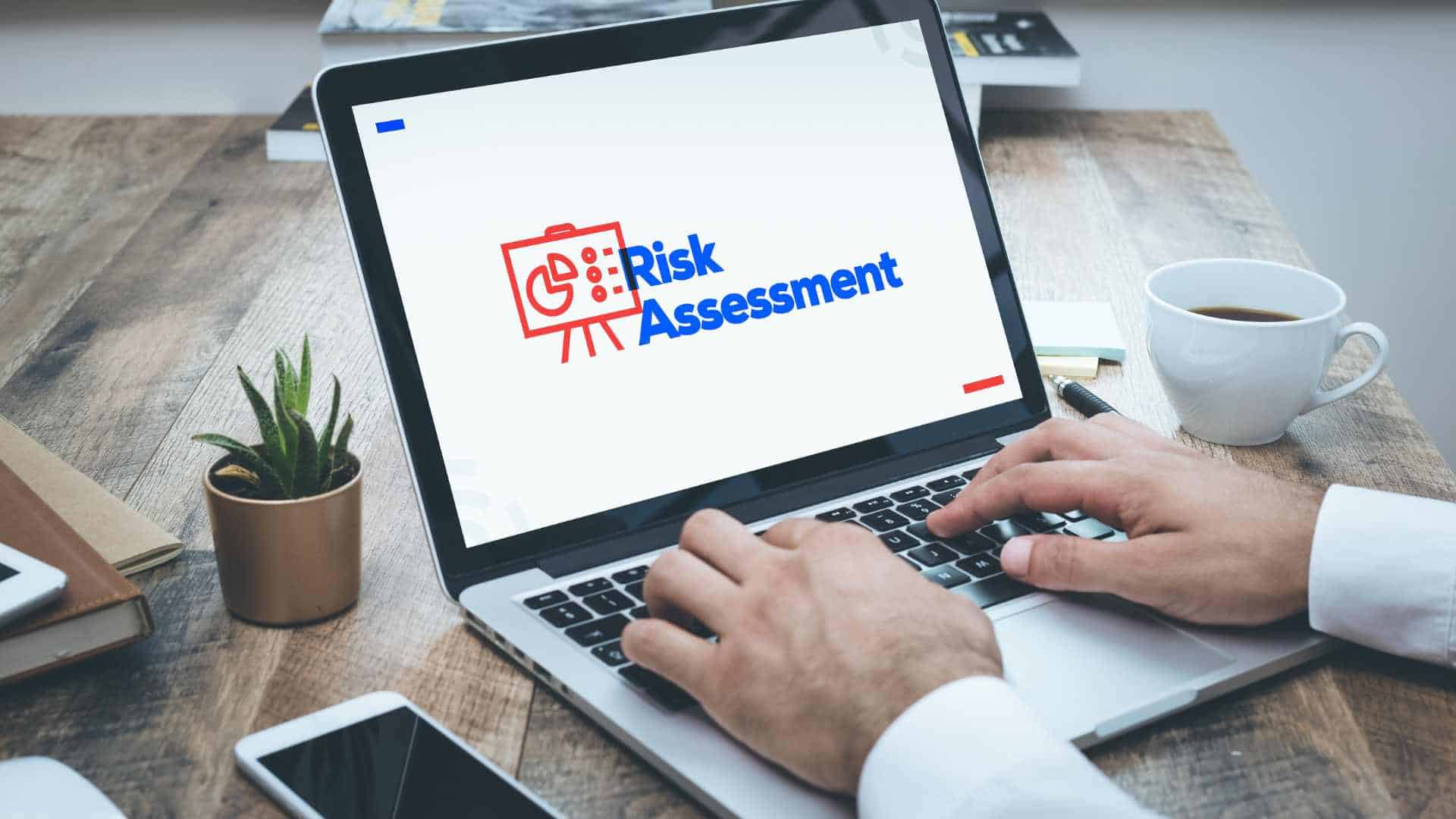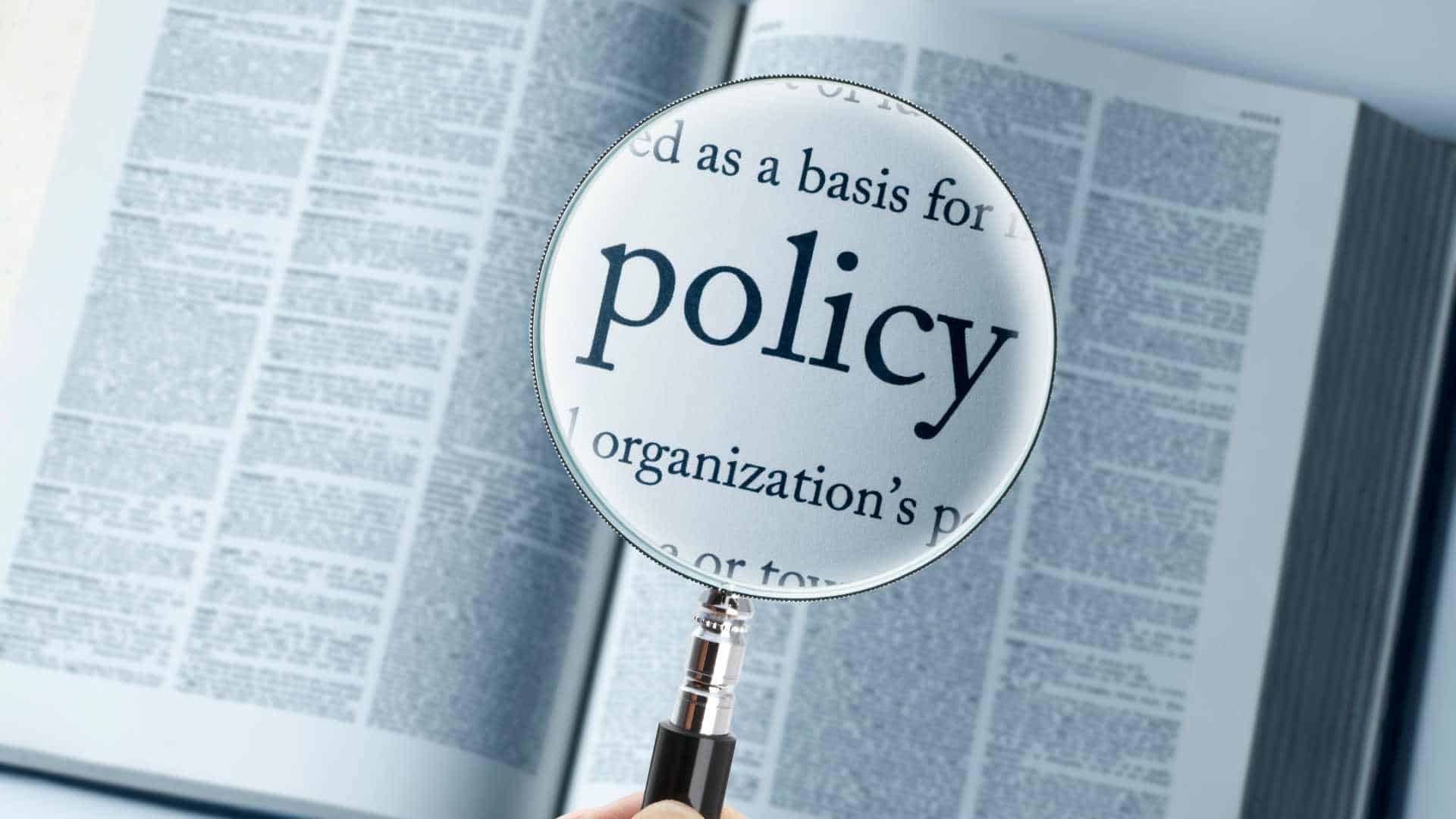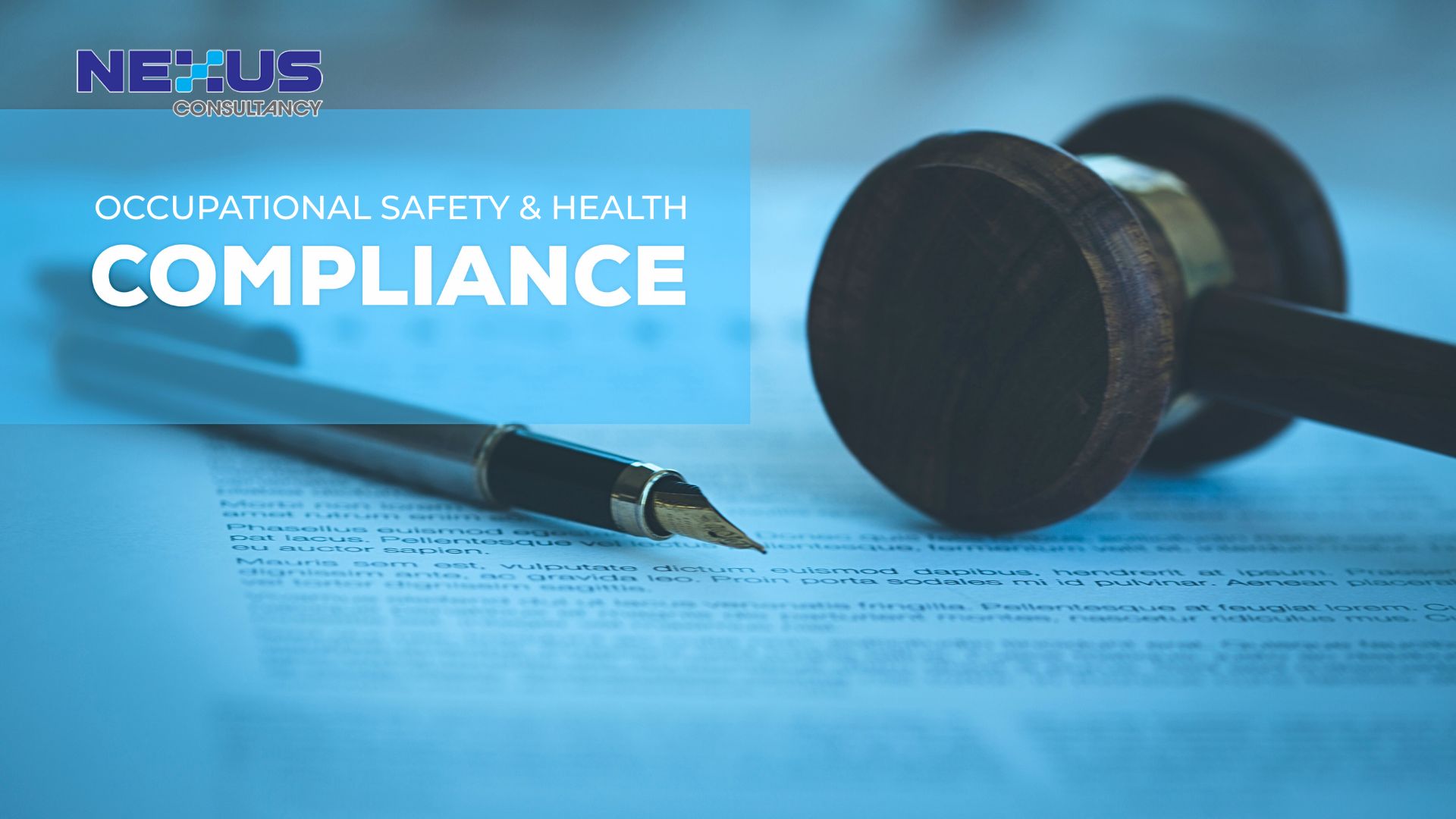
Darren Tang
Director
Corruption is bad for society and bad for business, posing severe financial, operational and reputational risks. Now more than ever, companies are taking action to implement serious and effective anti-corruption measures and policies within their strategies and operations.
– 3 mins read

In the subset of governance criteria in Environmental, Social and Governance (ESG), organizations should prevent bribery from occurring. Bribery is a type of corruption. It is an illegal practice, in which an individual is induced to practice a certain act in exchange for some advantage, which is usually money, but it could also involve other benefits such as services or entertainment, paid holiday trips or material goods.
Bribery is bad for an organization, bad for business as well as bad for the society. It poses severe financial, operational and reputational risks. It is important for organization to take actions to establish and implement effective anti-bribery measures to prevent bribery from occurring. Let’s take a look at how an organization can do this.

1. Carry Out Bribery Risk Assessment
Establish and carry out bribery risk assessment to identify areas where bribery could occur (areas that have high potential or likely influence over operations and management of the organization, example areas with financial transactions, influence in procurement or awarding of contracts, influence on employment etc). Assess, measure and rank these bribery risk areas. For areas identified as having significant risks of bribery occurring, discuss and prepare a bribery prevention plan.

2. Develop anti-bribery policies and adequate procedures
Establish a set of anti-bribery policy and no gift policy applicable to your organisation, explaining what is bribery, risks of bribery, what is acceptable and not acceptable gifts. Organization should establish and implement adequate procedures which are relevant to the types of risks identified in the organization. Factors such as the size of the company, the nature of business, complexity of the organization’s activities, third party involvement etc. could affect the type of corruption risk and procedures required.

3. Educate workers to reject bribery
Educate all employees and associated persons to ensure they understand and aware of the anti-bribery policies and procedures in the organization. This can be achieved through regular trainings or creating awareness through circulation of the documentation. All employees and associated persons should also be well informed on the disciplinary measures that would be taken if someone is found guilty of it.

4. Establish a proper procedure for reporting, investigation and taking action
Establish proper channel for anyone (whistle-blower) who wish to report any concerns of attempted, suspected or actual bribery. All reasonable steps shall be taken to protect the whistle-blower, maintain the confidentiality and identity of the whistle-blower and report made by the whistle-blower. Proper investigation process shall be carried out, to resolve the issue and to take disciplinary measures where required.
Change is constant. The types of bribery risks which could affect the organization would also be constantly changing. Thus, always remember to regularly review your anti-bribery policies and procedures to ensure that they are still effective.
Feel free to contact us to learn more about ESG
More Article
What Is Food Safety Culture and Why It Matters More Than Ever
Chief Operating OfficerLearn why food safety culture is a must-have for compliance, brand trust, and growth—backed by ISO consultants in Malaysia.In today’s competitive and tightly regulated food manufacturing landscape, compliance alone is no longer enough. To...
Why Proactive OSH Legal Compliance Is Good for Business Reputation
Chief Operating OfficerWorried about Malaysia’s OSH Act penalties or workplace audit readiness? Discover how proactive OSH compliance builds trust, reduces fines, and supports ESG goals.In today’s competitive market, companies are judged not just by their products or...
Positioning Your Brand for the Future with Strategic ESG Reporting in Malaysia
Chief Operating OfficerLooking to strengthen trust, investor appeal, and brand leadership in sustainability? Learn how ESG reporting in Malaysia is powering business growth. Start your ESG reporting journey with expert support!In a world where trust and transparency...
Why FSSC 22000 Certification Is Critical for Protecting Your Food Business and Brand in Malaysia
Chief Operating OfficerSecure your food business with FSSC 22000 certification! Enhance safety and compliance. Get expert help—Contact us today! In today's competitive food industry, maintaining food safety and consumer trust is essential. Food manufacturers,...










